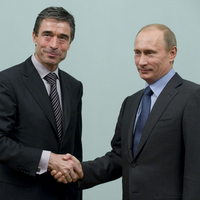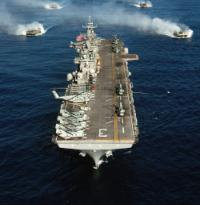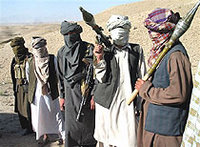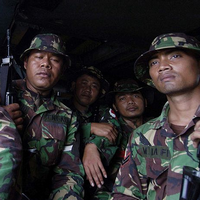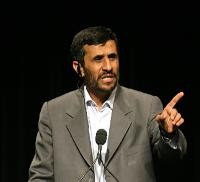
In the early 1960s, the attempted secession of Katanga, a province in the southern part of today’s Democratic Republic of the Congo in Central Africa, dominated the headlines. The fighting there was perhaps the first expression of a new form of conflict, as it was not a conventional war between states or an independence movement pitting local insurgents against colonial powers, but rather an internal conflict featuring a multitude of nonstate actors. Foreign soldiers and military advisers seconded by Belgium as well as a stream of European mercenaries descended into Katanga. A multinational peacekeeping force deployed to Katanga under a […]





